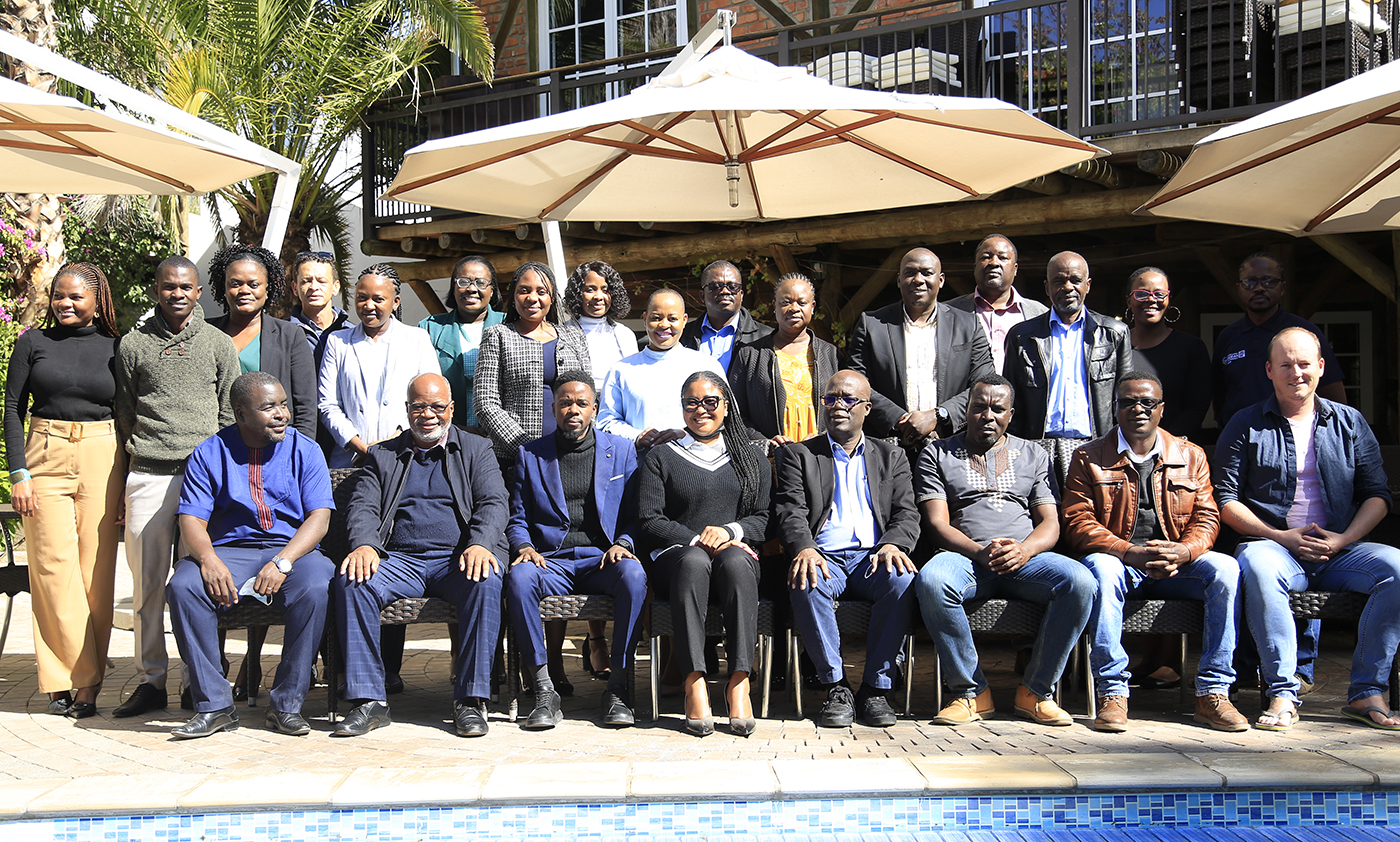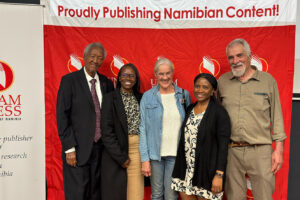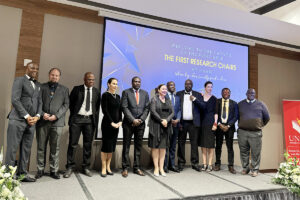The University of Namibia recently organised a crucial training on economic evaluation to enable different Benguela Current Large Marine Ecosystem (BCLME) stakeholders to properly assess the local marine resources’ worth and their sustainable usage.
This training took place from 12-15 July 2022, and was conducted by Prof. Ussif Rashid Sumaila, a Professor and Director of the Fisheries Economics Research Unit at the University of British Columbia’s Institute for the Oceans and Fisheries. The week-long exercise brought together different stakeholders to equip them to carry out the valuation.
Prof. Sumaila remarked that the main goal of this training is to learn techniques and understanding of the BCLME resources in order to ensure that they are utilized sustainably and support the livelihoods of Namibians.
“Africa has lots of resources and yet, our people still struggle economically. We want to understand the systems in place through valuation and science so that we know what resources we have and how they can be used,” said Sumaila.
He further explained that it is of great importance for countries to understand the value of the resources they have so that they may not be exploited as per Africa’s historical background. “It is only by understanding our marine resources that we can collaborate with the rest of the world in a mutually beneficial way”.
The training is a donor-funded project awarded to UNAM by the Benguela Current Convention (BCC). According to Monica Thomas, Benguela Current Convention’s Training and Capacity Development Manager, this training and capacity development strives to improve the knowledge and skills of managers, scientists and technical staff to allow for successful implementation of ecosystem-based management and well-informed ocean governance.

One of the best resource economists internationally
Dr Johannes Iitembu, a marine biology Senior Lecturer at UNAM remarked that Prof. Sumaila is one of the best resource economists internationally and that we are truly honoured to have him assist with this training.
“This project will help Namibia’s marine resources in that, when policies are drafted, we know the benefit we ought to get from them which gives us power to decide which industries are best for Namibia,” said Dr Iitembu.
One participant in the training, Alisa Shidhika, Chief Policy Analyst under the Directorate of Planning and Business Development at the Ministry of Agriculture, Water and Land Reform expressed that the training was both enlightening and necessary.
“The importance of a cost-benefit analysis for any investment cannot be emphasized enough. Not all investments are worth it for the economy, society and the environment. Hence the cost-benefit analysis determines whether an investment is worth executing or not,” explained Shidhika.
Shidhika further expressed that Namibia ought to engage in investment opportunities where the benefits outweigh the costs. This, she says, will assist the country to embark on investment opportunities with a significant impact on the economy, society and the environment.
Participants from South Africa and Angola attended the training, in addition to members from ministries in Agriculture, Water and Land Reform, Ministry of Fisheries and Marine Resources, Ministry of Environment, Forestry and Tourism and the National Planning Commission were also in attendance.





